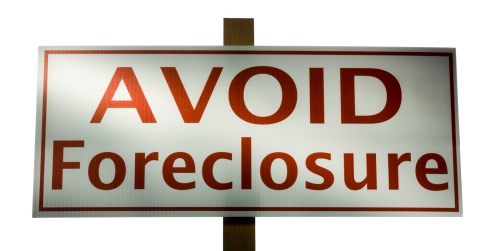The realization that you could lose your house to foreclosure is unsettling, but this outcome is not always unavoidable. There are a variety of options and resources at your disposal that can assist you in remaining in your house, and there are also options for loss mitigation to consider if staying in your home is no longer a viable option.
Here are the steps you need to do to stop the foreclosure process before it’s too late.
Short-Sale – A short sale can be a better option than foreclosure. You can avoid foreclosure and eviction by completing a short sale. A short sale may leave a mark on your credit report, but it will be much less damaging than a foreclosure.
Loan Modification – A short sale is an alternative to the traditional foreclosure process. A short sale will save you from having to go through the ordeal of foreclosure as well as eviction. Although a short sale will leave a mark on your credit report, the damage it creates is significantly less severe than that caused by a foreclosure.
Seller Financing – During the process of seller financing, the seller acts as the borrower’s lender. The buyer will not receive any cash from the seller; rather, the seller will provide the buyer with sufficient credit to cover the purchase price of the home, less any down payment that may be made. A promissory note is signed by the buyer, the seller, and both parties (which contains the terms of the loan).
Bankruptcy – Is declaring bankruptcy an alternative to going through with the foreclosure?
In a bankruptcy proceeding under Chapter 13, if you are able to keep up with your regular mortgage payments as well as the arrears payments, you will be able to pay off the arrears payments throughout the course of the repayment plan. You have the ability to stave off a foreclosure if you stick to the terms of your Chapter 13 debt repayment plan and make all of your payments on schedule.
Forbearance – If you are currently having difficulties making the payments, but you can convince the lender that you will be able to afford them in the near future, you may be eligible for a forbearance agreement. This type of agreement allows you to temporarily stop making payments on a debt. When the term of forbearance comes to an end, you will be required to begin making payments of the usual amount plus any additional funds necessary to catch up on any payments that were skipped during the forbearance.
Take over Payments – An assumption is one of the possible options available to you if you are behind on your mortgage payments and wish to turn over the deed to your property to a new owner in order to keep it from going into foreclosure. When a new owner gets responsibility for the loan, that individual takes on the personal liability of the mortgage debt.
Subject To – Subject to simply means a condition of. The term subject to real estate most commonly means buying the house with the current financing staying in place. You have the title is subject to the underlying loan. Stay with me here, the underlying loan is in the name of the seller and you are not formally assuming the loan.

